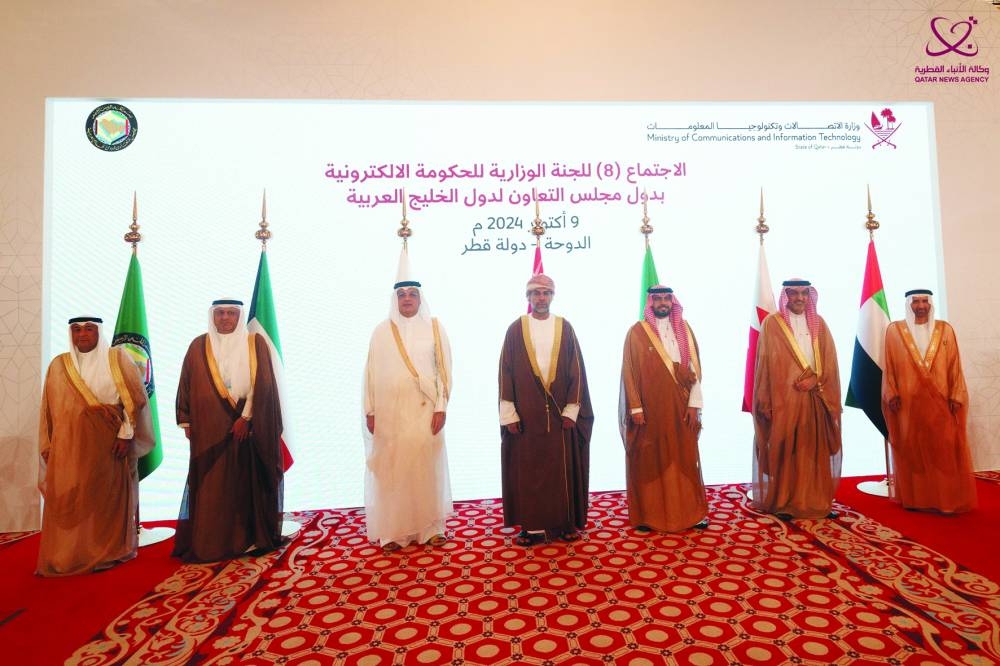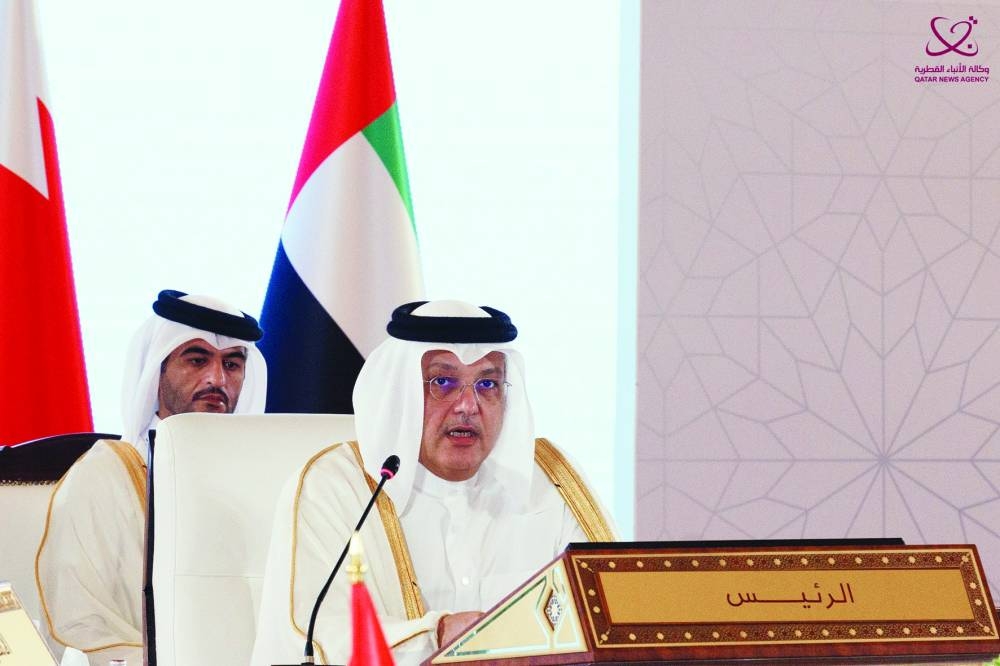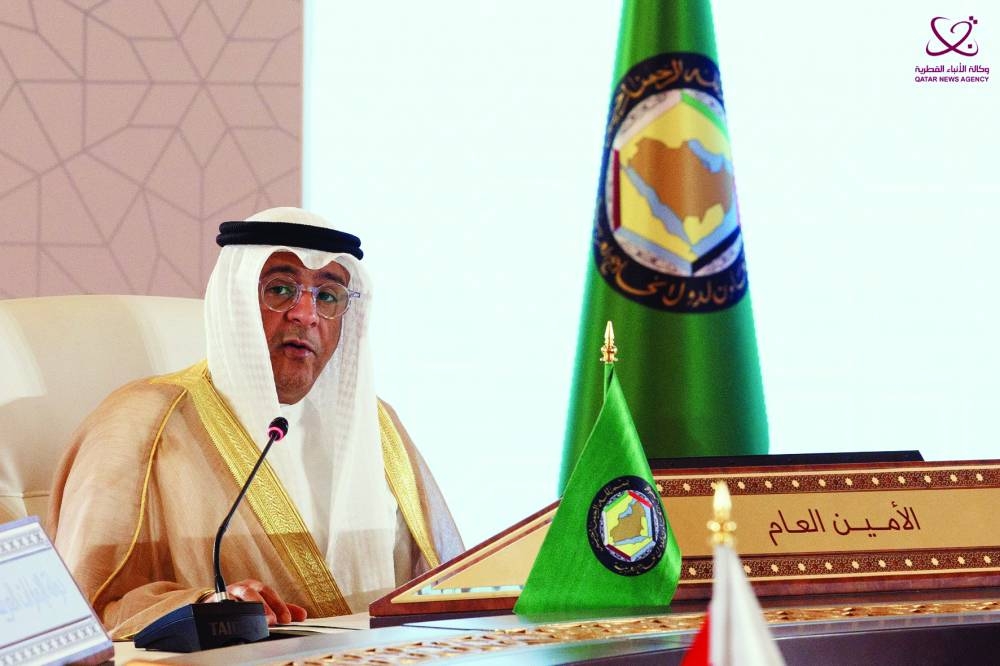Under Qatar’s presidency, Doha hosted the 8th meeting of the Ministerial Committee for e-government and the 28th meeting of the Ministerial Committee for Post and Telecommunications of the Gulf Co-operation Council (GCC) countries.
The meeting was attended by the ministers of Communications, Information Technology, and Postal services of the GCC countries together with GCC Secretary-General Jasem Mohamed Albudaiwi.
In his opening speech, HE the Minister of Communications and Information Technology Mohammed bin Ali al-Mannai stressed the importance of co-operation between the GCC countries in the fields of communications and information technology, highlighting the significant impact of these efforts in achieving the shared goals of member states.
He said: “Our co-operation today reflects the depth of the friendly and long-standing ties between our countries, and our mutual commitment to enhancing integration and unifying efforts in the postal and communications sectors, which play a crucial role in developing our national economies and enhancing competitiveness at both the regional and international levels.”
The minister added: “We are confident that this meeting will contribute to strengthening co-operation between the GCC countries and will be an important step towards realising our aspirations in building a prosperous and secure digital society. What we have achieved so far is just the beginning of a series of achievements we aim to accomplish by establishing a strong and advanced technology sector that contributes to creating new job opportunities and seeks to increase investments by adopting innovative business models and localising the latest technological advancements.”
GCC Secretary-General Albudaiwi highlighted the significance of the topics discussed by both meetings, which will shape the upcoming phase of co-operation among member states in the field of digital governance, as the GCC Ministerial Committee for e-government launches the GCC e-government Guiding Strategy (2024-2030), the unified digital access framework for the GCC and look into the Internet Governance Forum (IGF).
He also praised the Ministerial Committee for e-government’s efforts since its inception, in addition to its pursuit of achieving a complete digital transformation in the government sector using top-notch global best practices and innovations, thus, leading global digital governance rankings. Albudaiwi attributed these achievements to the Committee’s interest in e-governance and the substantial benefits that a strong and effective digital government will bring to the economies of the GCC, including increased productivity, improved efficiency and facilitated services.
The GCC secretary-general also noted that the significant progress made by the Ministerial Committee for Post and Telecommunications on various fronts, taking the initial steps on space co-operation, considering the reduction of roaming charges among GCC countries, preparing a comprehensive plan for the telecommunications sector, and launching the Gulf research award on technology foresight and digital economy.
He said the GCC is steadily and diligently enhancing its competitive capabilities in telecommunications and postal services, aiming for global leadership; to be part of technology and innovation driven societies and economies over the past four decades, in line with governmental development plans and strategic policies in the pursuit of advancing sustainable social and economic development.
In this context, the ministerial committee discussed several topics on the agenda, including the launch of the e-government Strategic Framework 2024-2030, as well as reviewing the minutes of the committees and teams affiliated with the GCC e-government Executive Committee. This included the minutes of the Joint Electronic Services Working Group, the Unified Software and Hardware Purchase Working Group, the Artificial Intelligence and Emerging Technologies Working Group, and the Digital Trust Services Working Group.
The meetings also reviewed the establishment of a temporary working group to monitor the implementation of digital accessibility standards and discussed the outcomes of the 26th meeting of the GCC e-government Executive Committee, held in June 2024, which approved the unified framework for digital accessibility for the GCC countries, prepared by Qatar.
It further addressed the terms of the GCC Digital Government Award, the presentation by Saudi Arabia on the Internet Governance Forum, and the rankings of the GCC countries in the 2024 e-government Development Index.



